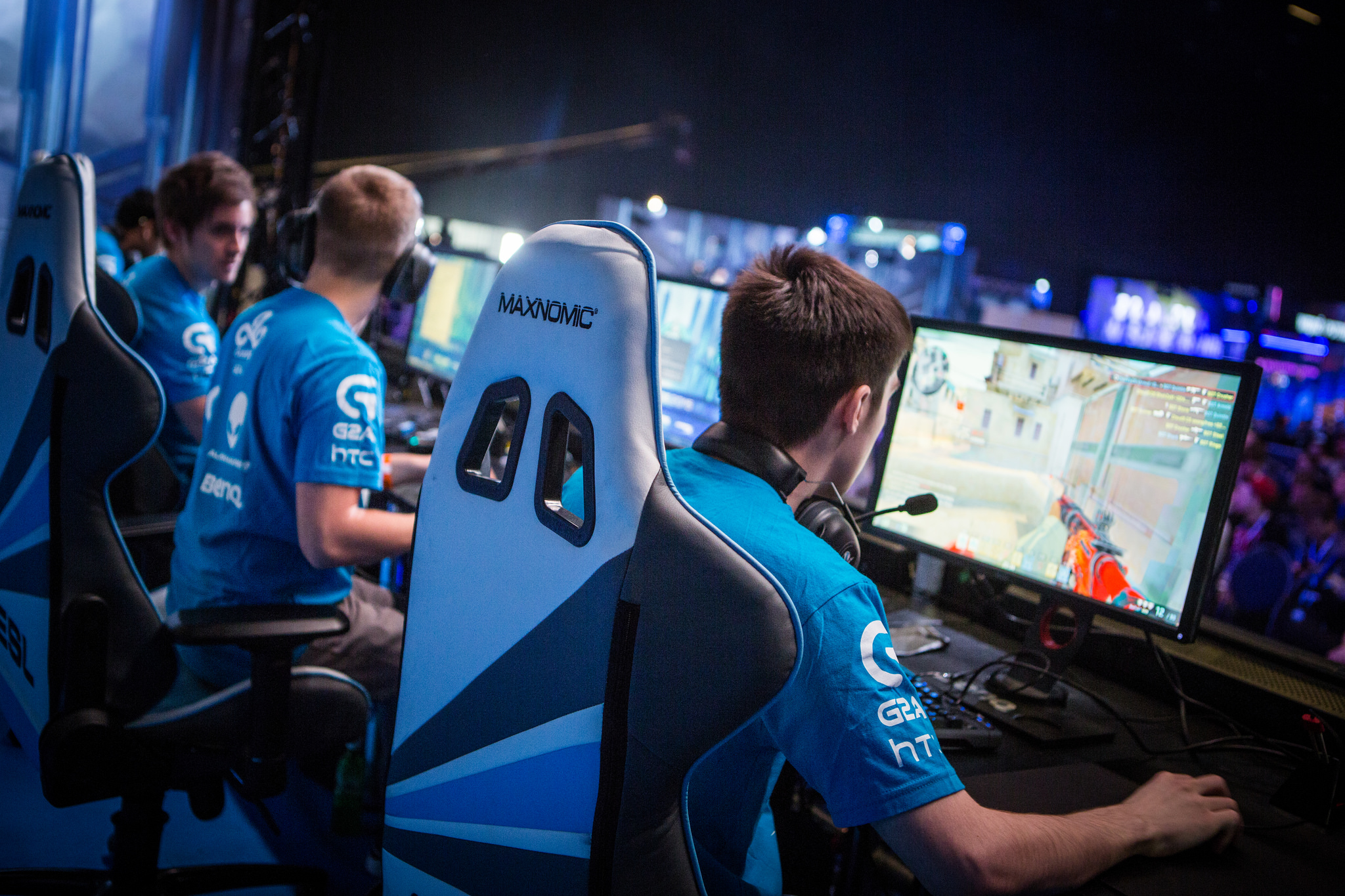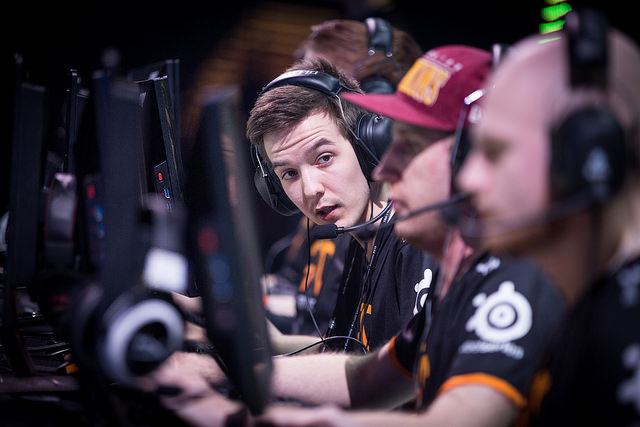After drug scandal, ESL says "esports needs to mature"

When a member of North American CS:GO team Cloud9 unapologetically admitted that he and his teammates used adderall during a tournament in March, esports league ESL reacted swiftly, announcing that it would enforce randomized drug testing at its next event before it pursues a larger policy in partnership with two organizations dedicated to anti-doping practices.
An incident with performance-enhancing drugs was inevitable for esports, which are growing more than ever alongside the popularity of competitive games and livestreaming. ESL’s stopgap measure of implementing random tests for ESL Cologne in August is welcome, but how will drug testing be handled going forward? How will a league like ESL react during a tournament weekend when one of its players tests positive for a banned substance?
To get further clarity on the ESL’s perspective on this issue I spoke with Michal Blicharz, Managing Director Pro Gaming at ESL.
PCG: Why is the implementation of player drug testing necessary to the ESL?
Michal Blicharz: We are a company with the word sports in the name. The integrity of our competitions is paramount to what we do. We have already invested enormous amounts of resources to combat online cheating with our ESL Wire Anti Cheat software and the time has come for us to do something about performance enhancing drugs. In the past 18 months the salaries of the best esports players have risen about ten fold and the prize money aggregates per game have gone into high millions. The temptation is there for players more so than ever and it’s on us to educate gamers, preserve the integrity of our competitions and, if necessary, punish those who break the rules.
"The reaction from the video games and esports industry has been overwhelmingly positive."
Do you believe that other leagues will follow your example?
Keep up to date with the most important stories and the best deals, as picked by the PC Gamer team.
Blicharz: What other leagues do is really up to them. We are of course willing to share our experiences and best practices if they reach out for help.
Is there currently, or are you planning, any retroactive investigation into teams' activities?
Blicharz: We have considered it, but we do not think that it is realistic for us to gather enough conclusive proof retrospectively. We are currently focusing our efforts on establishing good procedures for future events.

Has the ESL spoken directly with Cloud9 about the admission that its players used adderall during ESL Katowice?
Blicharz: When we first heard about this issue, we focused our energy on what we can do moving forward. This is not to say that we are indifferent to what may or may not have happened in that specific case, but it was clear that a more urgent need was to find real ways to prevent those situations from happening in the future.
As for the player himself, or his team, we are unable to retrospectively test the team for PEDs, therefore any investigation would likely prove to be inconclusive.
How has the new policy been received by teams?
Blicharz: The reaction from the video games and esports industry has been overwhelmingly positive. At the core of it, teams are interested in being provided a fair playing field.
It's also on the teams to make sure gaming is clean and I hope they will actively play their role as well.
If a player is prescribed adderall, or another drug, by a doctor, would they be permitted to use it during an ESL competition?
Blicharz: We are currently consulting with NADA on how to handle it and to learn what the best practices are that we can apply to what we do. We certainly do not want to disqualify players who have legitimate medical conditions.
Section 2.13.3 of the current ESL rulebook reads, "If a participant gets disqualified from the ESL One during an ongoing stage, all it's members get banned until the end of main event." If a player tests positive for a banned substance at an ESL event, what will happen?
Blicharz: Our league operations and legal teams are working on updating the rules, and the exact terms of all sanctions are yet to be determined. We want to treat doping like any other form of cheating. This is something our Director of League Operations should speak to, but we will very likely punish illegal doping the same way we would punish cheating in a match. In essence, those things are not different from each other as far as the integrity of the competition is concerned.
Along with incidents like the betting scandal in Counter-Strike earlier this year, do you believe there's a need for the CS scene, or esports in general, to become more mature?
Blicharz: Of course esports has to mature. It's not even 20 years old! At the same time, in many ways it's outgrown some sports that have been around almost a century. It takes time but we will get there.
Thanks for speaking with us, Michal.

Evan's a hardcore FPS enthusiast who joined PC Gamer in 2008. After an era spent publishing reviews, news, and cover features, he now oversees editorial operations for PC Gamer worldwide, including setting policy, training, and editing stories written by the wider team. His most-played FPSes are CS:GO, Team Fortress 2, Team Fortress Classic, Rainbow Six Siege, and Arma 2. His first multiplayer FPS was Quake 2, played on serial LAN in his uncle's basement, the ideal conditions for instilling a lifelong fondness for fragging. Evan also leads production of the PC Gaming Show, the annual E3 showcase event dedicated to PC gaming.

